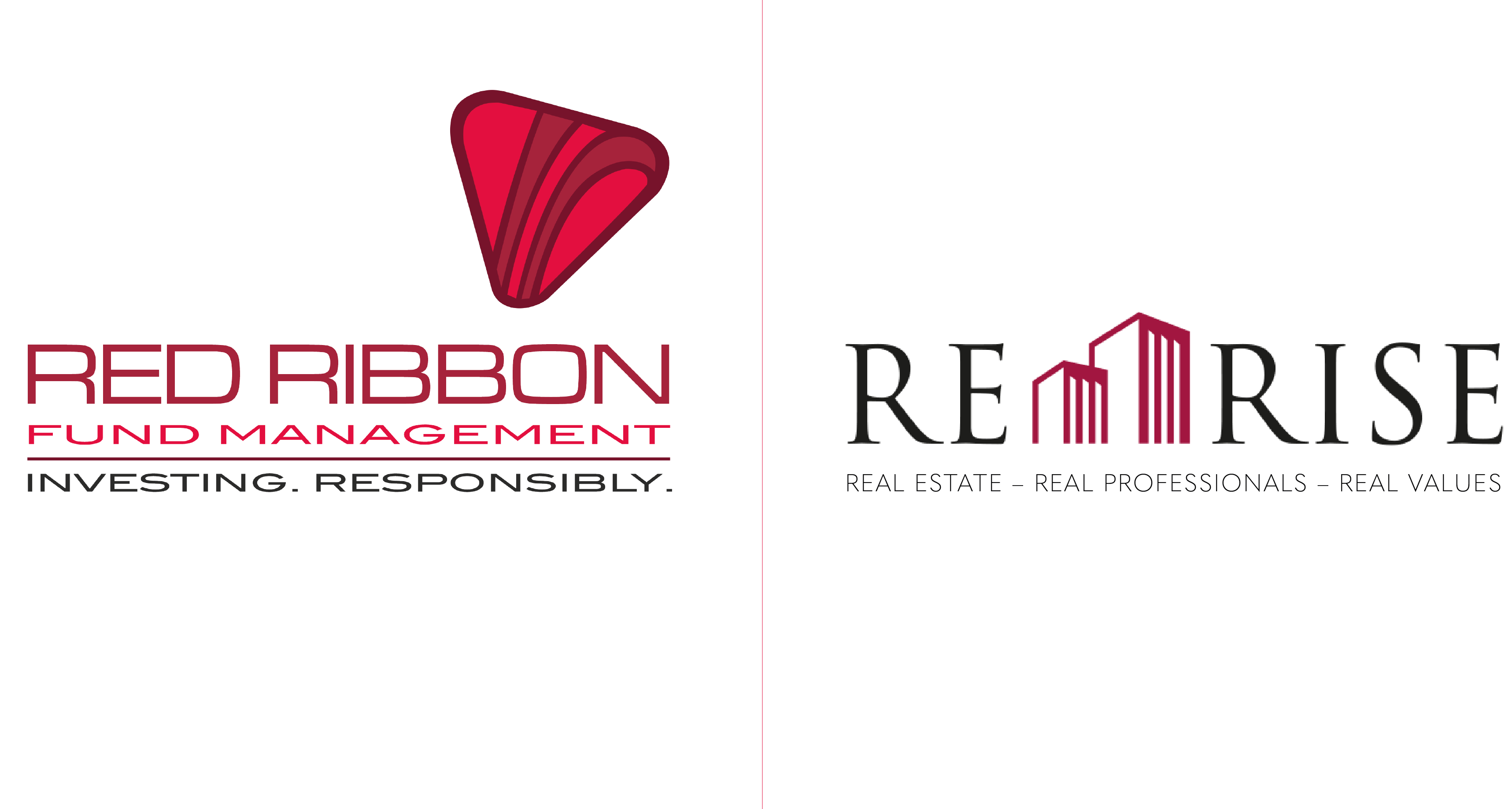How Eco Hospitality provides a double benefit for India’s economy
The World Bank’s January 2019 Global Prospects Report shows that the United Nations institution continues to expect economic growth across India to expand in 2019 and beyond. The group’s estimate for full-year GDP growth in 2018 is for 7.3%. Meanwhile, the World Bank is also anticipating that level to rise to full-year GDP growth of 7.5% in 2019, 2020 and 2021.
There are many details that go into a forecast like this, which means it is an absolutely achievable and likely outcome. However, if some of the assumptions made in those forecasts don’t proceed as expected. Or, something completely unexpected occurs, then India’s economy could either exceed or fail to achieve that forecast rate of growth.
Another interesting figure that has recently been published about India’s economy, comes from the Indian Government’s Ministry of Statistics. According to its 2018 Environmental statistics, the natural capital in 11 of India’s states has declined. Natural Capital “refers to all types of environmental assets existing in the environment” according to the report.
Once again, a lot of work and details go into creating these data and stats to produce reliable and correct information.
The figures in that painstakingly generated report suggest that, at least in some parts of India, pure economic growth is being achieved at the expense of the country’s natural capital, or native environment. And that’s not something that can be allowed to continue unchecked. At least not if the economy is to remain on a long-term and sustainable, positive economic growth path.
Sustainable, eco-industry
With that in mind, we now turn to a specific part of India’s growing economy, the Eco, or green sector. While much thought is being put into how to ensure residential building and consumer habits are increasingly sustainable and Eco-friendly, another key area in which India is already developing an Eco-footprint in, is hospitality.
For a country that welcomed over 10 million overseas tourists during 2017 – an increase of 14% in number and 15.4% in income generation – it’s a sizable industry. In GDP terms, the total contribution from travel and tourism across India made up 9.4% of India’s GDP in 2017, likely rising to around 17% in 2018, according to the World Travel and Tourism Council.
If, however, efforts into supporting and growing the eco-hospitality sector of the travel and tourism industry continue, or even gain pace, not only will green hotels, eco holiday destinations and sustainable tourist hot spots generate welcome income for the economy, it will also help improve and even expand the country’s natural capital. That’s something that’s a double boon for the sub-continent that consistently strives to develop, advance and improve.
Eco Hotels is among the green businesses that are investing in India’s economy, in a sustainable way. The world’s first carbon neutral, mid-market hotel brand has been operating since 2012 and is a popular option, for businesses, investors and also among those travellers who include Eco credentials in their search for holiday accommodation.
Growing India’s eco-hospitality sector is something that is will undoubtedly help ensure the country’s travel and tourism industry will contribute to both the financial GDP figures and its nature capital. But, even better, positive eco changes in one country actually contribute to green credentials and work towards stopping climate change on a global basis too.
With so many benefits to be gained from Eco hospitality, there’s little doubt as to just how valuable it is to India’s economic, business and green ambitions.
Red Ribbon is the founder of Eco Hotels, the world’s first carbon neutral hotel brand which offers “green hospitality” as part of a progressive roll out across India designed to take advantage of current market opportunities on the subcontinent. The brand meets all key sustainability criteria without compromising on either quality or standards of hospitality and is designed to cater for commercial and recreational travellers alike.
[nectar_btn size="large" open_new_tab="true" button_style="regular" button_color_2="Accent-Color" icon_family="none" url="https://ecohotels.in/ordinary_shares" text="Invest in Pre-IPO opportunity in Eco Hotels UK Plc"]
Red Ribbon CEO, Suchit Punnose said:
Understanding the full implications of the way in which a country achieves economic expansion is an essential part of working towards maximising that country’s growth potential, while also making sure all the ingredients required to continue growing and innovating remain available. While the 11 states experiencing a decline in their nature capital account for fewer than half of India’s regions, its not something that should be ignored.
With Eco Hotels, Red Ribbon is putting both India’s economy and nature capital at the heart of its investment strategy. Combatting climate change, promoting sustainable industry and creating profitable carbon neutral businesses, is the right way to create an investment that will remain popular and relevant for years to come.
[social_buttons full_width_icons="true" facebook="true" twitter="true" google_plus="true" linkedin="true" pinterest="true"]




